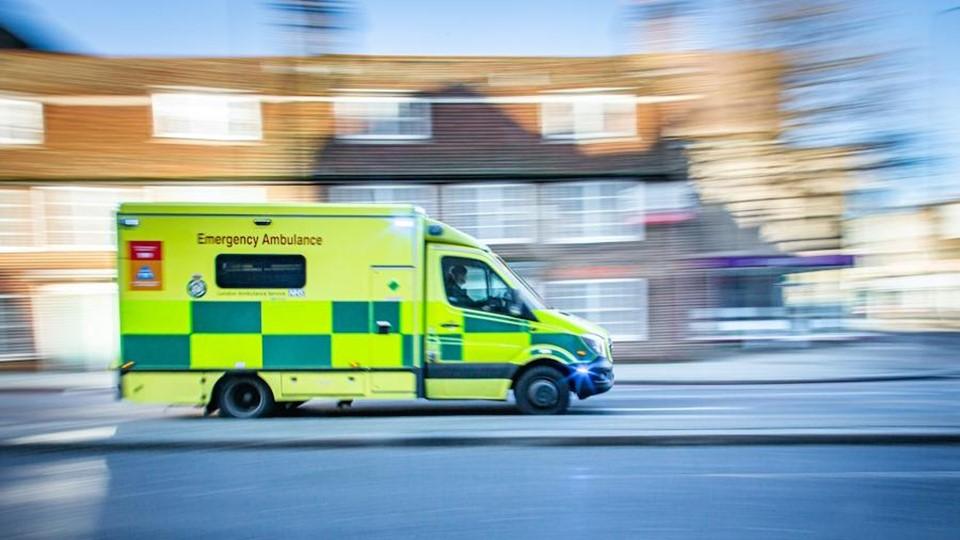UK project seeks saliva biomarker for rapid stroke diagnosis

Researchers in the UK are hoping to develop a rapid, saliva-based test that could identify stroke patients who need rapid treatment to prevent irreversible brain damage.
The GHoST study is trying to identify biomarkers in bodily fluids that could be used in place of the current system of symptom checklists that first-responder medical staff use to assess cases of suspected stroke and differentiate them from other conditions, like seizures or migraine.
When an ischaemic stroke is confirmed, rapid treatment with thrombolytic drugs like alteplase (tPA) or manual clot removal, using a procedure called a thrombectomy, are used to break down the clots blocking blood vessels and restore blood flow to the brain.
Currently, there is a very narrow window of opportunity to administer tPA: ideally, within four and a half hours of stroke symptoms starting, according to UK guidance. It is estimated that only around 12% of stroke patients meet the criteria to receive the drug and around only 10% more patients survive and live independently after clot-busting treatment, according to studies.
At the moment, patients suspected of having a stroke are referred to a full assessment, usually taking place at a hyper-acute stroke unit, with a transfer to a specialist neuroscience unit for treatment if needed. That can add around an hour to the diagnosis time.
Migraine and seizures can account for 30% to 40% of all hospital admissions for suspected stroke, so an effective diagnostic could help save the NHS both time and money.
The GHoST study aims to identify biomarkers in blood, urine, or saliva that could enable rapid diagnosis, so patients can be routed directly to the most appropriate treatment centre.
Paramedics will collect saliva, blood, and urine samples from patients with suspected stroke within the first hour after the onset of symptoms, and further sampling will continue in hospital while patients receive standard clinical care. Results are due in 2026.
The study is being led by Professor Antonio Belli, a neurosurgeon at the University of Birmingham’s Institute of Inflammation & Ageing, with funding from patient organisation the Stroke Association. Also participating are the West Midlands Ambulance Service and Midlands Air Ambulance Charity, University Hospitals Birmingham NHS Trust, and industry partner Marker Diagnostics.
Prior work by scientists in Prof Belli’s lab has identified small non-coding RNA (sncRNA) biomarkers in saliva that change rapidly after a traumatic brain injury (TBI) that were identified in a three-year study – called SCRUM – which investigated concussion in top-flight rugby players.
“Our previous studies detected ultra-early biomarkers and cellular responses that had never been reported in human studies before and resulted in a non-invasive diagnostic test that could change the way concussion is managed,” said Prof Belli.
“In conjunction with our industry partner Marker Diagnostics, we’re now looking to repeat this success with stroke,” he added.
GHoST will also try to find biomarkers for haemorrhagic strokes caused by a bleed in the brain, which account for around 20% of all cases, but would be made worse if treated with clot-busting therapies.
Another UK project is taking a digital approach to stroke diagnosis, although that focuses on using artificial intelligence to interpret brain scan images, i.e. after patients have already been admitted.
Photo by Ian Taylor on Unsplash.













